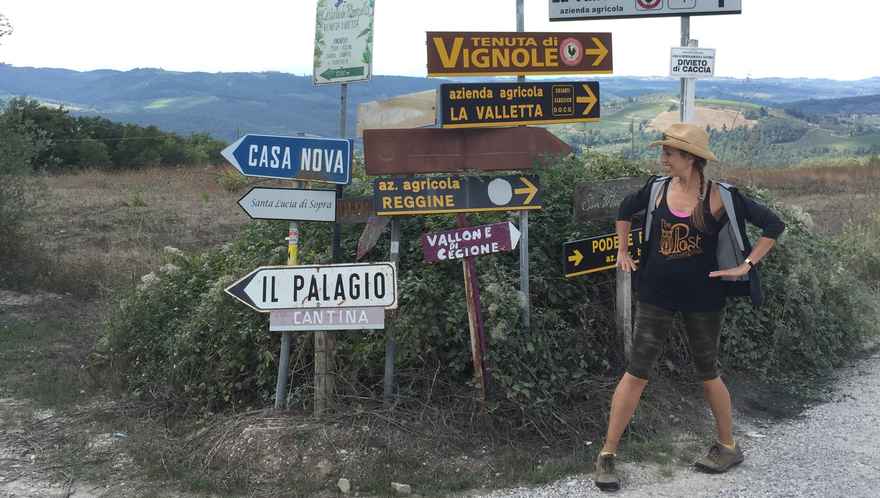Three things you can learn from a good writing workshop.

I finished the first draft of my novel earlier this year.
I've been writing it slowly, 1000 words at a time, scene by scene, for the past couple of years. I tend to protect my new work while it's still in its nascent stages, and not share much of it with anyone. The story is still becoming itself — it's unstable, ambivalent, messy, and confused as a newborn bird. (How do they ever survive long enough to learn how to fly? Their vulnerability is staggering to me: both baby birds and first drafts.)
Once I finished my first draft though, I had something to work with. It felt like it was held together with sticky tape and string, but at least it had a shape. It had a beginning, a middle, and an end. I felt ready to show pages of my draft to a few new readers.
There were some things I wanted to know: Does it make sense? Can you feel why the characters do what they do? How should I organize all of the information that is currently in the first twelve pages? Where do I lose momentum? Is any of this funny? Is any of it unbelievable? What should I keep in my revision, and what should I change? What I really wanted to know, what I always want to know, and what I think anyone in any writing workshop really wants to know, was this:
Is this good?
Writers usually go to workshops because they want to know the answer to that question. I am no different.
Of course, it's the wrong question. Deep down, you and I both know this. There is no way to know, objectively speaking, if our writing is good or not. The only thing we can ever know is if it feels true.
But we keep looking for the certainty, for the check mark, for the gold star (or the red ink). We just can’t believe that the goodness or badness of our writing is unknowable. Everything can be judged, can’t it? Of course our writing can be judged!
So we go to a writing workshop to find out.
Is it any good?
In some writing workshops, we get what we came for — a lot of external opinions about our work, a list of things we got right or got wrong.
External validation of goodness or badness can be satisfying, in a way. But it can also shut you down. It can tempt you to give your power away to a committee of readers. It can make you want to revise your story in order to make other people happy.
A good workshop gives you something else. Something way better than external validation. It gives you something you don’t even realize that you need.
A good writing workshop gives you a deeper connection to your own writing.
This past September, I attended a master class at Hedgebrook with Karen Joy Fowler, and I reconnected with my own writing in the very best way. It was so good to be a participant, this time, instead of a teacher. And to be reminded of the very things I try to teach other writers. I needed these reminders, for my own work.
Here are three things you can learn from a good writing workshop:
1. Writing is meant to be read. It comes alive when shared.
Just sharing my pages with a respectful group of new readers was enough to breathe life into my cooped-up first draft. Having my scenes read by other people animated and invigorated them for me. I learned, for instance, how different readers understood characters differently — what was delightful to one reader was puzzling to another — and how a decision about setting that I’d been overthinking made absolutely no difference to readers either way. It can be a visceral experience, watching other people respond to your work, and the best way to learn things you don’t know about what you’ve written.
2. You are entitled to make your own creative decisions.
In other words, write what you want to read. You get to write the way you feel is best for your story. Nobody else is in charge of what you do with your sentences, your characters, or your style. This is something YOU GET TO DO.
I had questions about my book like, what if the voice of my character isn’t “literary” enough? What if the way I am revising — retyping my book from scratch — is the “wrong” way to revise? Karen answered these questions with a politely articulated version of a shoulder shrug. “Why are you making your creative decisions problems?” she’d ask. Right. Noted.
3. You should be having fun.
If you don’t enjoy your own writing, try doing it another way, or do something else. This is a big one, and even though it’s something I teach in my programs over and over again, it was wonderful to be given the reminder from an author I love so much. (She’s not named Karen Joy Fowler for nothing.)
After the workshop, I feel more interested in my story, my characters, and the world they’re in than I am interested in writing a “good book”. This is liberating. And I’ll take that as a sign that I’m on the right path.
Love,

Photo (top): Sarah Selecky on a break from a writing workshop in Italy.

2 comments
Leave a comment